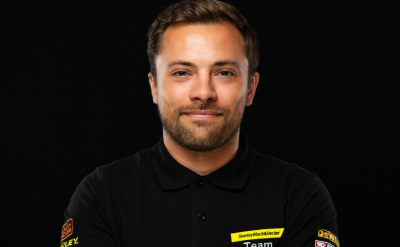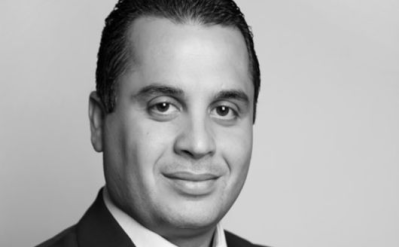News
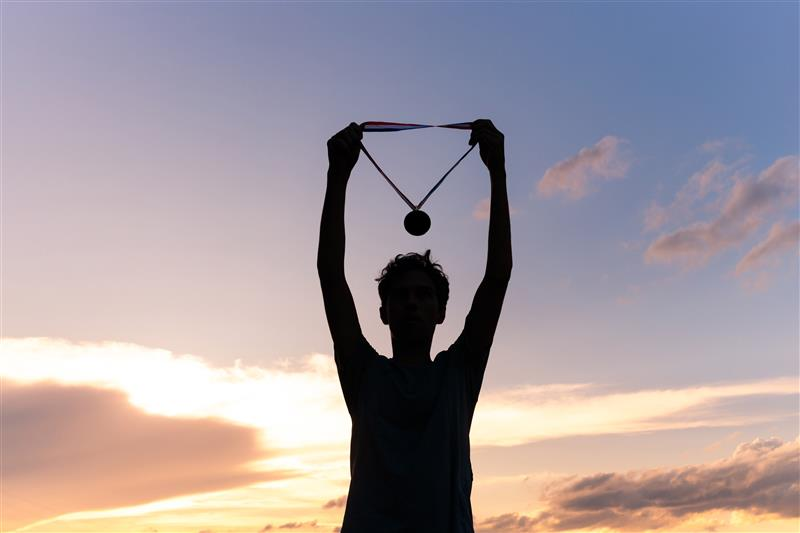
Performance and resilience: when the skills of top-level sport propel professional careers
The discreet but powerful links between top-level sport and the professional world never cease to amaze. In these two demanding worlds, excellence becomes a habit, resilience an inexhaustible driving force, and self-confidence an essential weapon in the face of uncertainty. We met six alumni, all top-level athletes, to decipher these universal lessons that forge not only champions, but also impact leaders.
Resilience as a dynamic for progress with Rouguy Diallo (SKEMA 2018), athlete, bronze medalist at the European Espoir Championships in 2017
In her testimonial, Rouguy explains how, for her, resilience is not just about "holding on" in the face of hardship, but about evolving and becoming stronger.
How to turn moments of adversity into milestones for lasting progress, rather than simply overcoming them?
"For me, adversity isn't just an obstacle to be overcome, it's an opportunity to progress and surpass oneself. Every failure, every injury, every moment of doubt has enabled me to bounce back stronger. Without mental strength, success is impossible, and my greatest strength is being a hard worker.
The constraints of my sporting career have had an impact on my personal organization. I wondered whether I should give up my studies, but in the end I hung in there and graduated with an award for excellence. This balance between sport and studies taught me to manage pressure and persevere. And beyond sport, I wanted to turn the difficulties I encountered into opportunities by creating Bookcamp, a platform to facilitate training courses for athletes.
Adversity is what makes a champion. What counts is not just overcoming it, but transforming it into a strength to go further."
👉 Follow Rouguy on Instagram

Redefining performance with Nicolas D'Oriano (SKEMA 2024), swimmer, 2016 French champion in the 400-meter 4-swim.
The retirement of a professional athlete is not just a question of adaptation. It means totally redefining what it means to perform.
How have you redefined performance in your new trajectory, and what parallels do you draw with your past as an athlete?
"In my career as a top-level athlete, performance was a daily quest. It was measured in pool lengths covered, seconds or medals. Today, as a private banker, this notion of performance remains paramount, but it is now based on the quality of advice, the search for financial returns and asset optimization.
In swimming, performance is achieved in an instant, but is based on years of preparation. As a swimmer, I wanted to be the best every day, bearing in mind that the Olympic Games only take place every four years and require just as much preparation. So there was already this idea of long-term management: finding the best balance between daily effort and the need to avoid overwork. The parallel with asset management is quite obvious. You don't invest an entire stock market portfolio in a single day, in a single share. The aim is to maximize returns while optimizing performance over the long term.
Continuous improvement is also a fundamental common denominator. In swimming, every detail counts: body position on the dive, efficiency of movement, breathing management. You spend years perfecting your technique and adapting to changes in age and body shape. In wealth management, asset engineering demands the same rigor: constant monitoring, adaptation to regulatory changes and a constant search for optimization to best support clients.
Finally, in sport, we often work as a coach/swimmer pair. Human relations and trust are essential. In wealth management, it's also a binomial: manager/client. But let's just say that now, I'm on the other side of the "pond".
Finally, I'm continually trying to transpose what I've learned in the world of sport to that of wealth management, where performance relies not only on results, but also on anticipation, adaptability and trust built over the long term."
👉 Follow Nicolas on instagram
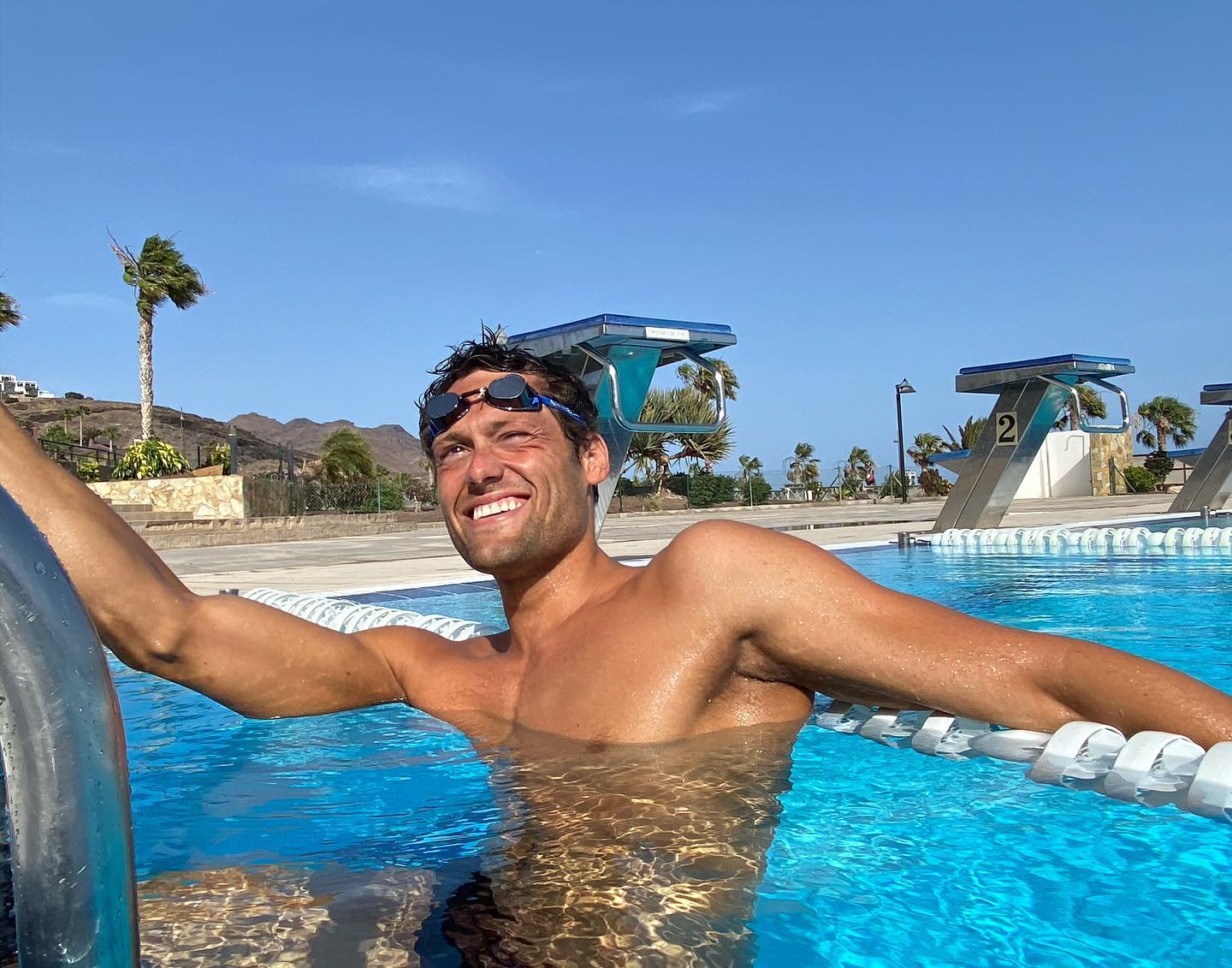
The role of discipline and rigor with Léa Riccoboni (SKEMA 2018), triathlete, amateur Ironman world champion Nice 2024
What makes you stay the course despite the pressure? Organization, commitment, consistency, training, visualization. Léa shares with us the key elements of her preparation and the conditioning required for performance.
What are the key lessons from a sport as demanding as triathlon that you could transpose to the corporate world?
"I'd start by talking about competitiveness, but perhaps not in its most obvious sense. The first thing we think of is exogenous competitiveness, the kind that depends on our competitors and pushes us to be better than them. But, in my opinion, competitiveness should above all be endogenous; in other words, it should awaken in us the desire to surpass ourselves, to become the best version of ourselves.
In any case, this is my mantra in triathlon: I seek maximum optimization of my body and constant improvement of my performance. This quest for perpetual improvement is, in my opinion, valid in all areas of life and should be a powerful driving force in the corporate world too.
Another lesson from endurance sports is that "alone you may go faster, but together you go further". The importance of teamwork, with its complementary talents and open-mindedness, is crucial to progress. In business, it's just as essential to understand each person's strengths and "weaknesses", to organize them and direct them towards a common goal - a goal that's rewarding for everyone.
Finally, I believe that two elements are fundamental to any project: enthusiasm and discipline. Enthusiasm is contagious; it fosters team spirit and creates a collective dynamic. Discipline, on the other hand, forges virtuous habits over the long term and takes over when motivation fails. These two pillars are necessary to stay the course, whether on the sports field or in the professional world."
👉 Follow Léa on instagram
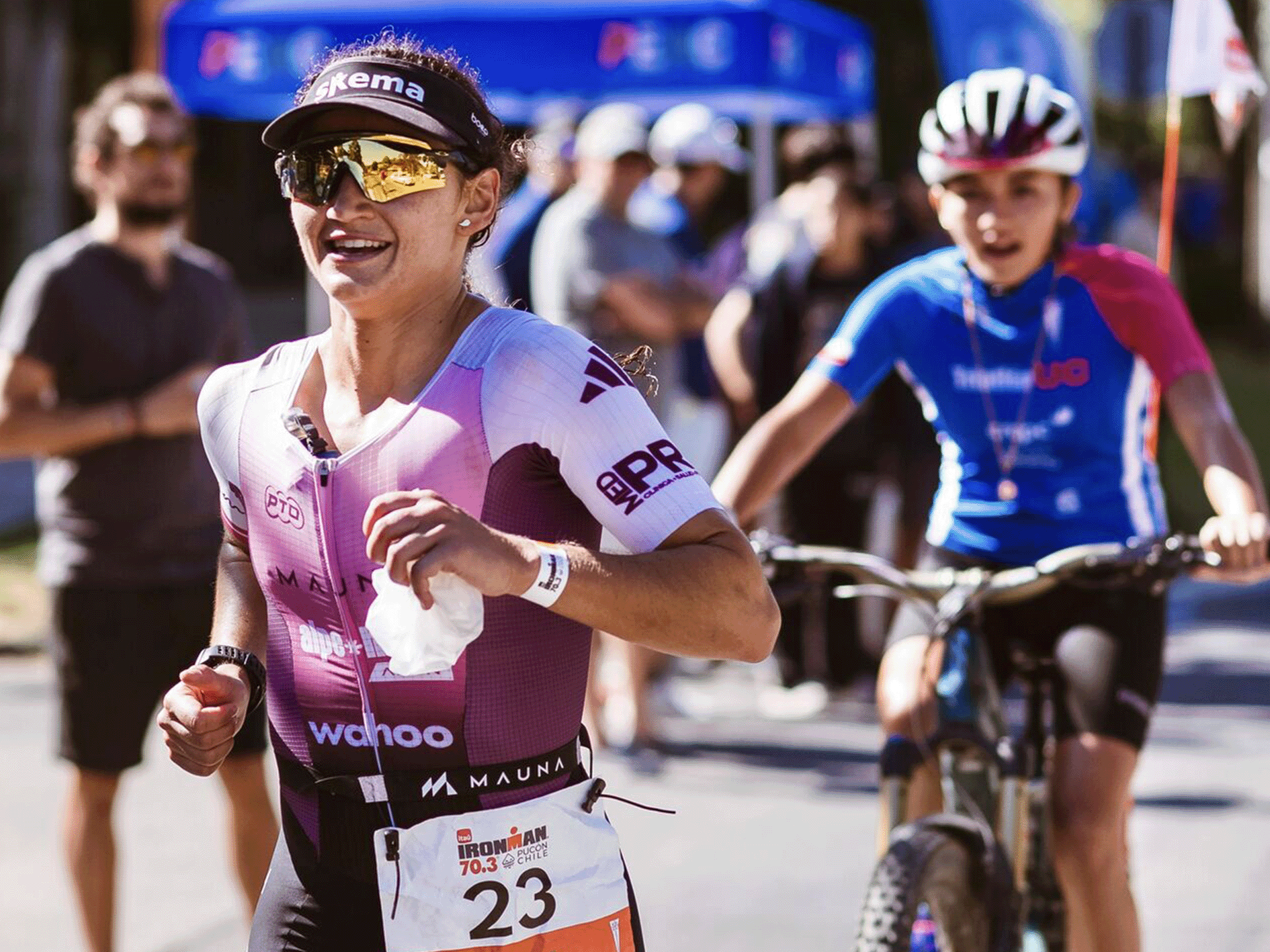
Dealing with pressure and extreme environments with Benjamin Ferré (SKEMA 2015), Navigator and Skipper who finished 16th in the Vendée Globe 2024
Preparing an ambitious project in an uncertain environment calls for great adaptability. In an ocean race, as in a large-scale project, you have to be able to anticipate difficulties, manage fatigue and make decisions under pressure.
How do you manage to keep your wits about you and make the right decisions in the face of the unexpected and at critical moments?
"The key to managing pressure in an environment as demanding as ocean racing is anticipation. You always have to be one step ahead, imagining possible scenarios and planning solutions even before problems arise. This has taught me to structure my decision-making and prioritize the essentials, without letting myself be overwhelmed by urgency.
Fatigue is another major challenge. On a long-term project, whether at sea or in a professional setting, it's crucial to know how to manage your energy and endurance. I approach it like a marathon: I keep a steady pace, I accept that not everything is perfect, but I always make sure I'm moving forward.
Finally, surrounding yourself with the right people and knowing how to trust them is a determining factor. Even if I'm alone on my boat at sea, there's a whole team behind me who helped me prepare and who support me. In a business project, it's the same: nobody succeeds alone. Upstream work, training and mindset are the real pillars of success in the face of challenges."
👉 Follow Benjamin on instagram
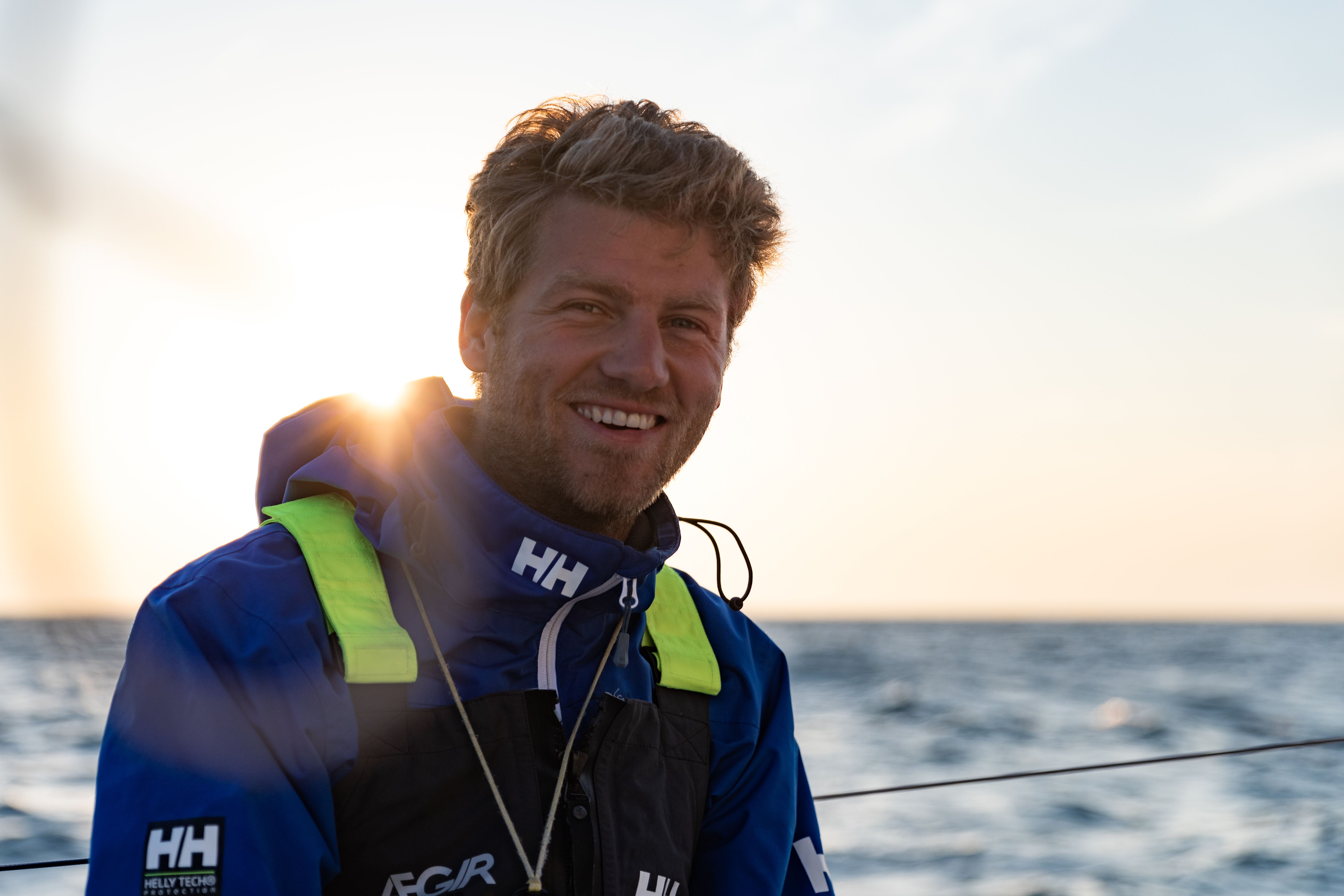
Thank you to our alumni for their valuable contributions and inspiring insights.



